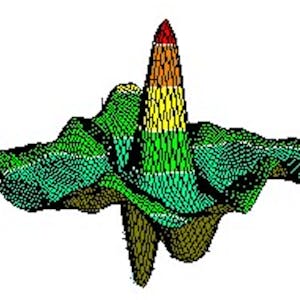This Specialization, offered by University of Colorado Boulder, is designed to equip engineers with a fundamental understanding of quantum mechanics, essential for modern electrical, mechanical, and quantum engineering.
Through three comprehensive courses, students will delve into the basic concepts of quantum mechanics, learn mathematical tools required to describe and manipulate quantum states, and explore advanced theory of angular momentum and approximation methods applicable in various fields.
Upon completion, participants will have the knowledge and skills to comprehend the quantum mechanical meaning of wave-particle duality, calculate probabilities and expectation values for physical observables, specify quantum states of the electron in a hydrogen atom, and distinguish non-degenerate and degenerate cases for approximation methods.
Certificate Available ✔
Get Started / More Info
Quantum Mechanics for Engineers consists of three modules. Through these, students will understand the quantum mechanical meaning of wave-particle duality, specify quantum states of the electron in a hydrogen atom, and perform calculations using approximation methods.
This module, Foundations of Quantum Mechanics, delves into the quantum mechanical meaning of wave-particle duality and provides the ability to calculate probabilities and expectation values for physical observables. It also covers using both Schrödinger and Heisenberg picture to solve for time evolution of quantum states and describing fermions and bosons using multiparticle basis functions.
Theory of Angular Momentum module focuses on specifying the quantum states of the electron in a hydrogen atom, describing spin states quantum mechanically, solving eigenvalue equations of angular momentum operators, and adding general angular momenta.
Approximation Methods module distinguishes non-degenerate and degenerate cases and uses appropriate methods. It also covers performing calculations using time-independent perturbation theory, describing absorption and stimulated emission processes, and obtaining approximate solutions using the variational method.
Digital Manufacturing & Design Technology explores the impact of digital advances on manufacturing, covering Industry 4.0, digital thread, IoT, and big data....
Electrical Power Distribution is an application-oriented course covering power distribution, site execution, testing, and safety aspects. It explores the latest...
Introduction to Electronics provides a foundational understanding of electronic components and their applications, covering diodes, transistors, and op amps.
Sensor Manufacturing and Process Control covers sensor characterization, manufacturing techniques, and PID control for motor applications.